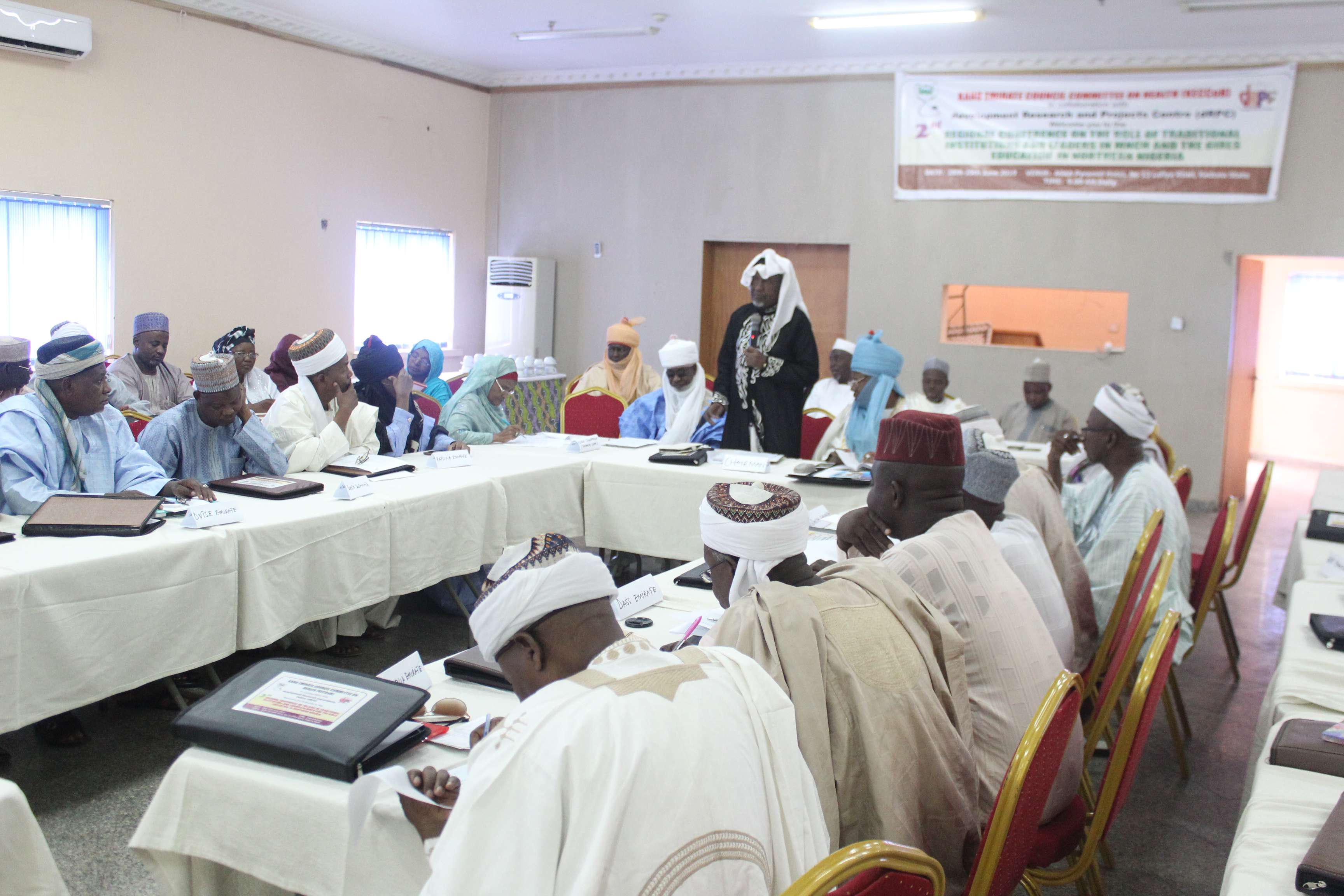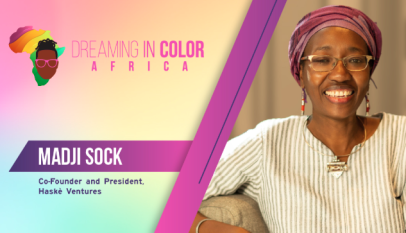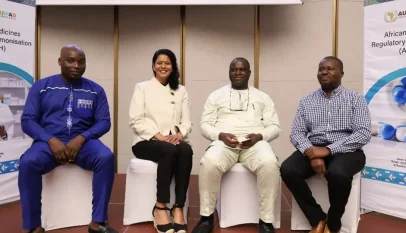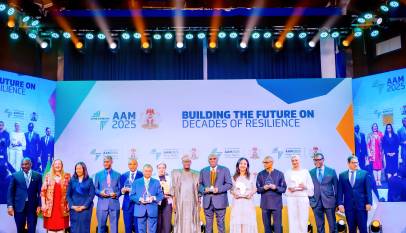dRPC’s northern traditional leaders’ conference puts health, girl-child education in the spotlight
The development Research and Projects Centre (dRPC) in partnership with the Kano Emirate Council Committee on Health and Human Development (KECCoHD) last week hosted a group of northern traditional leaders to a regional conference on the theme: “The Roles of Traditional Institutions and Leaders on Healthcare Service Delivery and Girl Child Education.”

Held in Kaduna between June 28 and 29, the two-day conference was aimed at leveraging the strategic role of traditional institutions and leaders to enhance healthcare service delivery and promote girl-child education across northern Nigeria.
As well as strengthening linkages among emirate councils in Northern Nigeria, the objectives of the conference were to “share best practices/experiences on health care services and girl-child education intervention by traditional institutions and leaders in Northern Nigeria in addressing Maternal, Newborn, and Child Health (MNCH) issues” as well as “strengthen partnership on girl-child education between traditional institutions in Northern Nigeria and Global Partnership on Education teams [working] in five states…,” according to a communiqué issued at the end of the conference.
The World Bank’s 2015-2019 Global Partnership for Education-Nigeria Partnership for Education Project (GPE-NIPEP) is focused on improving access and quality of basic education with particular attention to girls’ inclusion across 5 northern Nigerian states: Kaduna, Kano, Katsina, Jigawa and Sokoto.
Traditional institutions and leaders have for long play a strategic role in influencing people`s attitude and behaviors in Northern Nigeria including influencing enrollment of the girl-child in school as well as creating demand and uptake for healthcare services.
It was on this premise that the representatives of Kano Emirate Council Committee on Health and Human Development (KECCoHD) and other traditional institutions from Bauchi, Niger, Jigawa, Sokoto and Zamfara states gathered in Kaduna, less than a fortnight ago. Others in attendance at the conference were officials of the Global Partnership on Education (GPE) and dRPC champions from the five GPE states in Northern Nigeria.
Chaired by Dr Basheer Ibraheem Mohammed, the chair of the Kano Emirate Council Committee on Health and Human Development (KECCoHD) cum Dankadan Kano, the first day of the conference featured discussions on the status of maternal and child health in Northern Nigeria, highlighting achievements and challenges.
The second day featured the sharing of experiences and success stories from dRPC’s Partnership to Strengthen Innovation and Practice in Secondary Education (PSIPSE) programme. Supported by MacArthur Foundation, PSIPSE seeks to increase access to secondary education and improve learning outcomes for marginalized populations in India, East Africa and Nigeria. In Nigeria, its major goal is expanding empowerment opportunities for schoolgirls in Kano and Jigawa states. Education officials from the five GPE states also shared experiences, success stories as well as their work with traditional institutions on the conference’s second day.
Amongst others, the conference participants observed that although Northern Nigeria had recorded relative success in terms of routine immunization coverage, in recent years; the region was still backward in terms of Maternal, Newborn and Child Health (MNCH) and girl-child education indices. The conference also recognised the significant role of traditional institutions and leaders in effectively mobilizing grassroots support for issues related to MNCH and girl-child education.
Consequently, the conference recommended the need to unify all health initiatives across the emirates to ensure adequate supervision and monitoring of healthcare services across the region; the employment of more healthcare workers by states to bridge Human Resource for Health (HRH) gap as well as ease requirements for establishing nursing and midwifery schools to boost health manpower in the region.
Other recommendations made by participants at the conference were embracing of endowment (Waqf) to fund health and education; ending street hawking by the girl-child; as well as the grading of Islamiyya and Quranic schools to ensure best-practices. The conference also recommended the use of local languages in teaching and learning across northern states for better comprehension as well as the providing equal opportunities for women and girls to have access to quality education in northern Nigeria.













